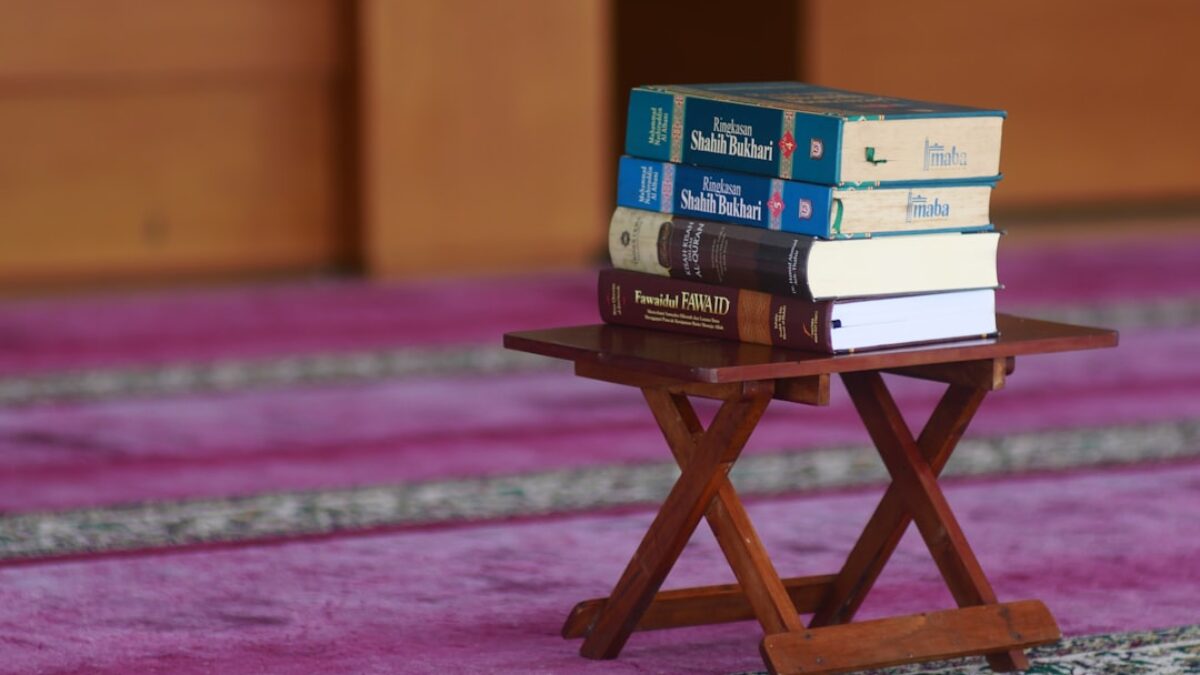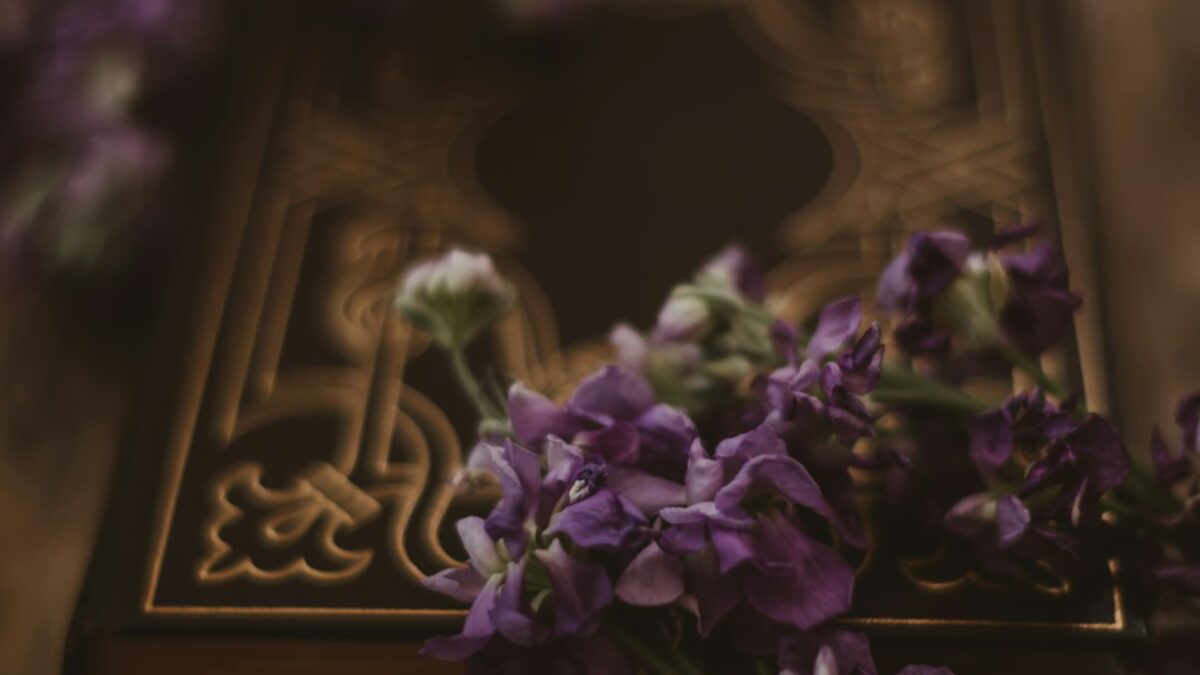Recited by millions of Muslims at dawn, dusk, and before sleep, Surah Al-Falaq is a compact yet profoundly powerful chapter of the Qur’an. In just five short verses it delivers a complete spiritual shield against every form of harm, from the whispered schemes of envious people to the invisible pangs of darkness. Whether you are commuting, parenting, studying, or simply seeking tranquility after a stressful day, weaving this Surah into your daily rhythm can transform ordinary moments into pockets of divine peace and protection.
Understanding Surah Al-Falaq
Meaning, Revelation, and Placement
Known in English as “The Daybreak” or “The Dawn”, Surah Al-Falaq was revealed in Makkah and forms the 113th chapter of the Qur’an. It is paired with Surah An-Naas (Chapter 114) and together they are often called Al-Mu‘awwidhatayn—the two chapters of seeking refuge. While An-Naas guards against internal whispers, Al-Falaq confronts external sources of danger that manifest under the cover of darkness.
A Linguistic Snapshot
Rooted in the trilateral root f-l-q, the word Falaq carries the sense of splitting, cleaving, or emerging. Just as dawn splits the night, this Surah “cleaves” through spiritual darkness, exposing every hidden threat to Allah’s protective light. The imagery is vivid: what was once concealed in shadow is now laid bare by the rising sun.
Core Message in One Sentence
Seek Allah’s refuge from every evil that emerges—whether from the night, from sorcery, from envy, or from any creature He created.
Key Components of Surah Al-Falaq
Verse-by-Verse Breakdown
- “Say: I seek refuge in the Lord of the Daybreak” – Establishes Tawheed (Oneness of Allah) and positions Him as the ultimate authority over every new beginning.
- “From the evil of what He created” – A sweeping shield against every created harm, physical or metaphysical.
- “And from the evil of darkness when it spreads” – Nighttime fears, depression, and hidden plots are all covered.
- “And from the evil of the blowers in knots” – A specific reference to black magic and occult practices.
- “And from the evil of the envier when he envies” – Social and spiritual harm arising from jealousy and the evil eye.
Key Themes Encapsulated
- Absolute Dependence on Allah – We do not confront evil with our own strength; we flee to the One who transcends it.
- Comprehensive Shield – From cosmic darkness to human envy, nothing is outside Allah’s jurisdiction.
- Actionable Supplication – Each verse is phrased as an active plea, keeping the believer in a constant state of alertness and reliance.
1. A Portable Spiritual Armor
Carrying the verses in your heart is like wearing an invisible bullet-proof vest. The Prophet Muhammad ﷺ taught that “whoever recites the two refuge chapters (Al-Falaq and An-Naas) three times in the morning and evening will be sufficed for everything.” (Tirmidhi)
- Practical tip: Set a phone reminder for dawn and sunset. Recite each chapter three times—once aloud, once in a whisper, once silently—to layer your protection.
2. Protection Against Black Magic and Sorcery
Verse 4 directly targets “the blowers in knots”, a phrase describing ancient spell-casters who tied knots while uttering incantations. Modern manifestations may include hexes, voodoo dolls, or digital incantations. By reciting Al-Falaq, we place every knot under Allah’s severing command. Real-world example: A young professional in Kuala Lumpur felt sudden lethargy and recurring nightmares. After medical tests ruled out physical causes, a religious counselor advised daily recitation of Al-Falaq and An-Naas. Within a week the nightmares ceased and energy returned, reinforcing the believer’s trust in Qur’anic healing.
3. Nighttime Tranquility and Quality Sleep
The Surah’s reference to “darkness when it spreads” is not merely poetic; it addresses the fear, anxiety, and insomnia that often intensify after sunset. Reciting it before sleep quiets intrusive thoughts and invites an angelic presence that “remains stationed until dawn.”
- Perform wudhu (ablution).
- Recite Al-Falaq and An-Naas three times, gently blowing into your palms and wiping over your body as you finish.
- End with the du‘a: “Bismika Allahumma amutu wa ahya.”
4. Shield Against the Evil Eye and Envy
Envy (hasad) is an epidemic of the heart. A single glance laced with jealousy can stall a project, sour a marriage, or deflate self-esteem. Verse 5 neutralizes this venom by asking Allah to “neutralize the envier when he envies.”
Quick protocol: After praise or good news is shared, quietly recite Al-Falaq once and blow lightly toward the affected person or object. This is the Sunnah etiquette of ruqyah (protective prayer).
5. Psychological Resilience Against Anxiety and Depression
Modern neuroscience confirms that repetitive, rhythmic recitation lowers cortisol levels. Surah Al-Falaq does more: it externalizes worry, placing it in Allah’s domain. The believer moves from rumination to remembrance, from helplessness to help-seeking.
| Trigger | Typical Response | Surah Al-Falaq Response |
|---|---|---|
| Upcoming job interview | Imagining worst-case scenarios | Recite Al-Falaq, trusting Allah’s plan |
| Social media envy | Self-loathing scroll loop | Close the app, recite Al-Falaq, make du‘a for the person |
| 3 a.m. panic attack | Overthinking heart rate | Recite Al-Falaq on water and sip slowly; focus on breath |
6. Family Harmony and Home Security
Reciting Al-Falaq at the thresholds of your house—front door, bedroom, kitchen—turns each room into a mini-mosque. Angels love circles of remembrance and will patrol the perimeter, driving away shayatin (devils) that thrive on domestic discord.
- Weekly habit: Gather the family every Friday evening. Recite Al-Falaq and An-Naas seven times, then blow lightly around the home. Children learn by imitation, embedding protective habits early.
7. Financial Barakah and Protection Against Economic Sabotage
Business rivals sometimes resort to occult means or malicious gossip to derail success. Reciting Al-Falaq before important meetings or contract signings places unseen barriers around your rizq (provision). Case study: A small e-commerce owner in Jakarta noticed sudden drops in sales each time she launched a new product. An advisor suggested reciting Al-Falaq while uploading product images. Within two cycles, sales stabilized and even surged, illustrating the Surah’s relevance in the digital economy.
8. Travel Safety—From Daily Commute to International Flights
The Prophet ﷺ recited the two refuge chapters when mounting his camel. Today we adapt by reciting them when buckling a seatbelt, boarding a train, or entering an Uber. The spiritual GPS remains the same.
- Recite Al-Falaq and An-Naas once each.
- Follow with the du‘a: “Subhana allathee sakhkhara lana hatha…”
9. Instant Mindfulness Reset
Instead of scrolling through social media at traffic lights, recite Al-Falaq once. The 8-second recitation interrupts negative neural pathways and replaces them with God-consciousness. Over time you accumulate “light upon light” moments that rewire the brain toward gratitude.
10. End-of-Life Preparation and Legacy of Peace
Many scholars advise teaching Al-Falaq to children as soon as they can speak, ensuring the last words on their lips are remembrance. Adults who recite it regularly often find themselves repeating it unconsciously during illness or accident—proof that Allah has engraved it on their hearts.
Practical Applications
Building a Daily Routine
Morning Routine (5 minutes)
- Wake up, make wudhu.
- Recite Al-Falaq x3, An-Naas x3, Ayat al-Kursi x1.
- Blow gently into hands and wipe over face and arms.
Evening Routine (3 minutes)
- After Maghrib prayer, sit facing the Qibla.
- Recite Al-Falaq x3, then reflect on one verse for 30 seconds.
- End with la ilaha illa Allah wahdahu la sharika lah…
Family Workshop: Teaching Children Through Story
Create a bedtime story where each verse becomes a superhero power:
- Verse 1: Invisible shield against monsters.
- Verse 2: Laser sword that cuts all bad creations.
- Verse 3: Night-vision goggles against scary dreams.
- Verse 4: Magic untying rope for spells.
- Verse 5: Mirror that reflects jealousy back into butterflies.
Digital Reminders
Set your smartwatch to vibrate every two hours. The custom label reads: “Al-Falaq break – 10 seconds of refuge.” Colleagues will notice the calm in your demeanor long before they know your secret weapon.
Frequently Asked Questions
What is the best time to recite Surah Al-Falaq?
The Prophet ﷺ emphasized three windows: after Fajr, after Maghrib, and before sleep. However, the Surah is not time-bound. You may recite it whenever you sense danger—be it a menacing email, a dark alley, or a looming panic attack. The key is consistency, not clock-watching.
Can women recite Al-Falaq during menstruation or post-natal bleeding?
Yes. The majority of scholars permit reciting protective chapters without touching the mushaf. Simply recite from memory or use a digital Qur’an app. The protective purpose overrides ritual purity concerns, as testified in authentic reports of early Muslim women.
How many times should I recite it for urgent protection?
For general maintenance, three times morning and evening suffices. For acute situations—such as sensing witchcraft or extreme envy—scholars recommend reciting it seven, eleven, or even forty-one times, depending on severity. Always accompany recitation with firm intention (niyyah) and trust in Allah.
Is there a specific posture or direction to face?
While facing the Qibla is recommended for full concentration, necessity overrides form. You can recite while walking, driving, or lying in bed. The Prophet ﷺ recited on his camel, in his house, and even while resting his head on his wife’s lap. Sincerity trumps geometry.
Can non-Arabic speakers benefit without understanding the words?
Absolutely. Although understanding deep
























Post Comment